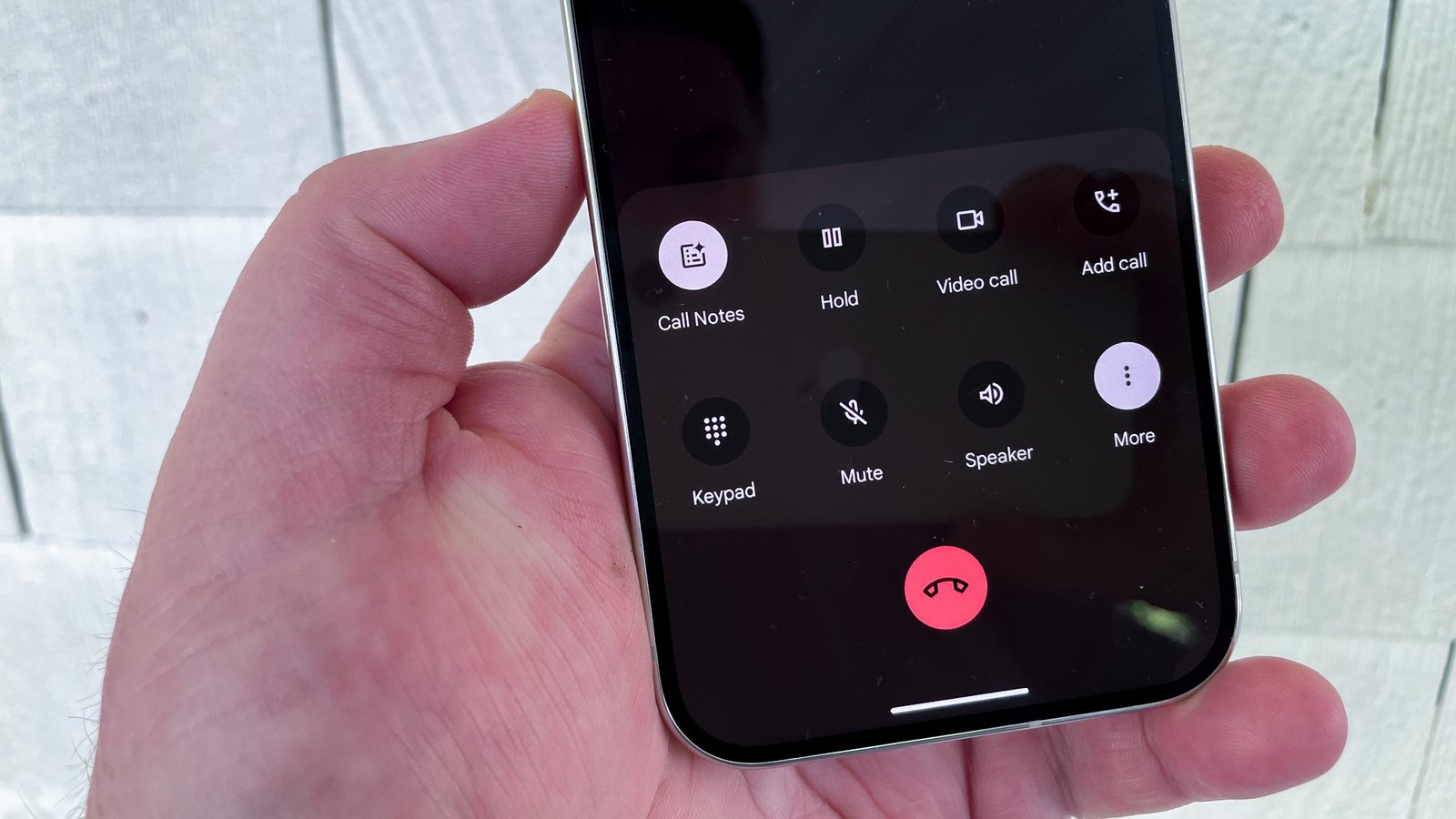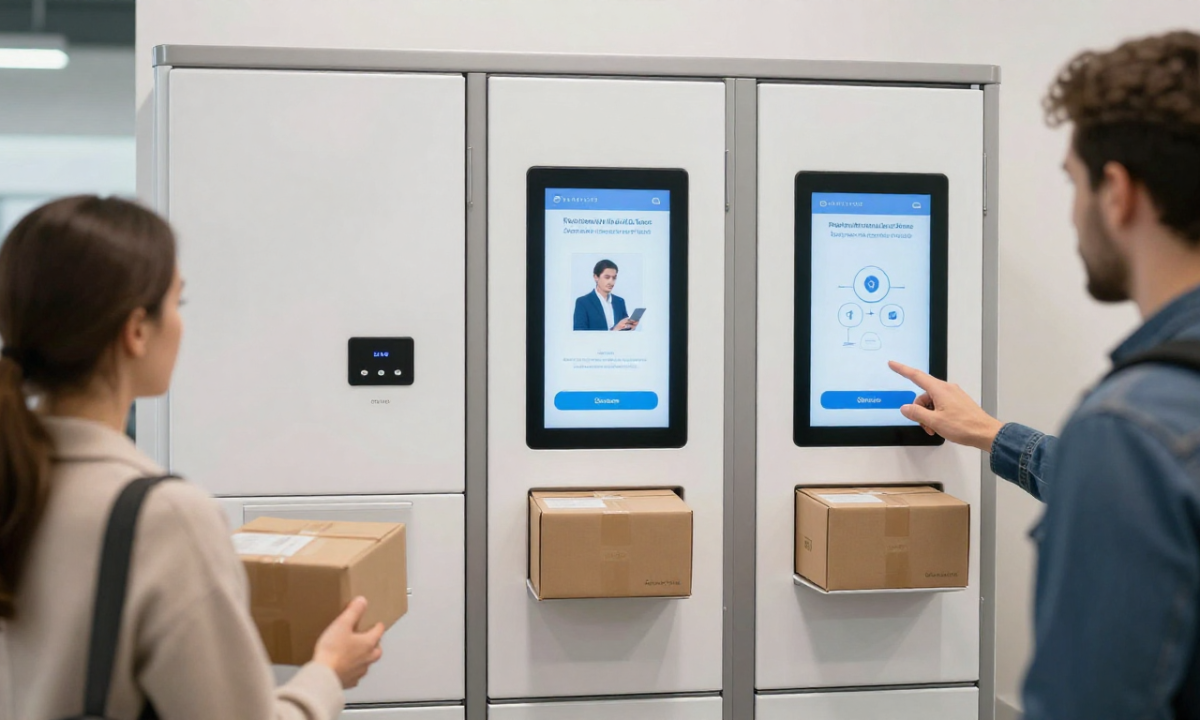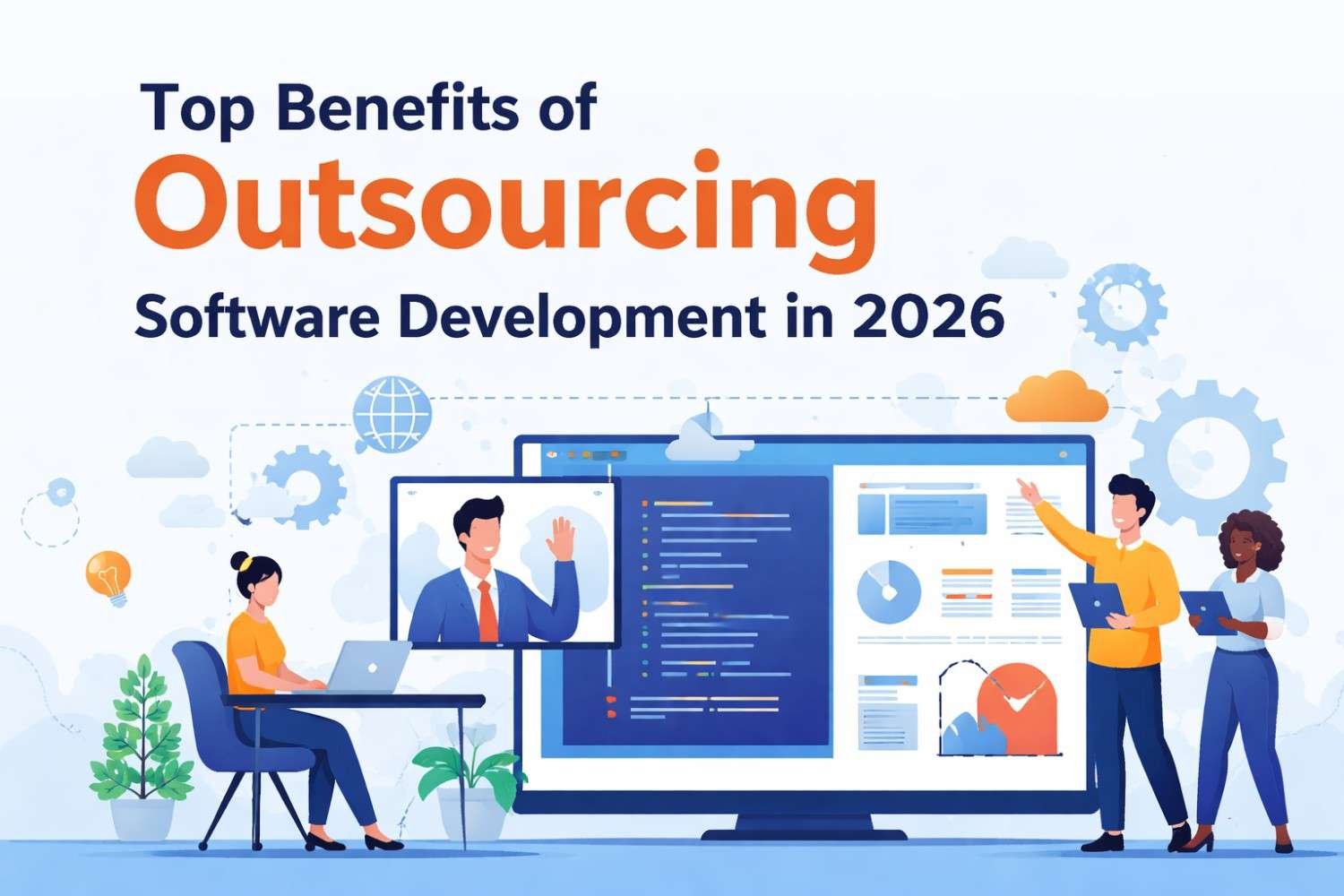An increasing number of companies in the Philippines are embracing digital solutions to remain agile, competitive, and efficient. Among these innovations, Accounting System Philippines evolved from being a mere tools for number-crunching to being a collaborative platform with remote access functionalities. With hybrid working models becoming the norm and teams increasingly decentralized, accounting systems with real-time collaboration and remote access functionalities become indispensable for seamless operations.
The Need for Accessible Accounting
Traditional accounting systems allow access only to certain devices or locations. This arrangement is no longer workable in an environment where employees work across different time zones, inside different cities, or even countries. For businesses in the Philippines, especially SMEs and growing enterprises, being able to manage finances from anywhere is a must.
Cloud-based modern accounting systems solve this problem by providing users access to their data at any time, from any device they choose as long as they have an internet connection. Whether it is the accountant working in the office, the manager reviewing reports late at night from his home, or the owner travelling on business abroad, the remote access will assure the smooth, uninterrupted business function.
Real-Time Collaboration Across Teams
This feature gives cloud accounting applications an edge over the traditional systems. In conventional methods, financial data had to be transmitted through various ways like spreadsheets, USB’s, emails, etc; hence, creating unnecessary issues with version control and delaying key decision making.
Now, multiple users can log into the same system simultaneously with real-time visibility into transactions, updates, and reports. For example, while the sales department issues invoices, the accounting team can review receivables on the same platform. It also gives a manager the ability to view financial dashboards, approve payments, or track expenses without the need to request an updated file.
With proper user role management, these systems also allow businesses to control access. A junior staff member may restrict to data entry while a CFO can see sensitive reports. Collaboration of this nature stirs the pot well; it ensures that everybody has the information required to do their job without comprising on security and accountability.
Boosting Efficiency and Decision-Making
Remote collaboration makes speedy workflows and decision-making possible. For example, businesses with real-time updates of financial data will quickly respond to changes that occurred within their cash flows, identify financial issues at their infancy, and take actions in a timely manner.
For Philippine companies that depend on monthly, quarterly, or annual financial reports, remote access allows faster compilation and review. Once logged on to the site, auditors or external consultants can perform their checks without the need for physical files, which saves time and puts less burden on the client.
This means automated bank feeds, inventory integrations, and uploading documents digitally lesser workload and lesser opportunity for error. These functionalities can keep remote teams aligned, even when not physically together.
Supporting Remote and Hybrid Work Models
The pandemic of COVID-19 changed how business was operated in the Philippines. Now, remote working or hybrid working had become the norm, and a high percentage of companies had made the decision to keep this kind of working system permanently. This type of cloud-hosting accounting setup with mobile access is how businesses become competitive in the new normal.
It allows staff to access the system from their laptops, tablets, or smartphones without necessarily being present in the office. This is helpful for companies with branches across the nation or for companies that work with outsourced accountants and consultants.
Everything was centralized in a cloud-based system, which ensures negative consequences for financial activities, whatever be the geographical location of the team member. This leads to little business disruption during unforeseen events like typhoons, transport strikes, or restrictions regarding health.
Data Security and Access Control
Remote access usually raises concerns regarding information security for businesses. Most of the commonly recognized accounting systems used in the Philippines have bank-level encryption, two-factor authentication, and secure cloud servers to protect sensitive financial information.
The site’s administrator assigns specific roles and permissions to users to see and work with only what is necessary for their jobs. For example, a sales associate can create invoices but cannot access payroll data. This way, organizations can maintain collaborative working but with complete confidentiality.
Also, most systems maintain audit trails, which provide information on user actions as well as changes applied to the data. This ensures accountability and makes it easy to investigate discrepancies or suspicious activities.
Integration with Other Business Tools
Most software will sync from inventory management platforms to CRM and payroll applications and even to e-commerce sites. The most important value here is for multi-department companies. For example, a sale collected on the e-commerce platform automatically finds its way to the accounting system to update sales report and inventory thus preventing duplication of effort while improving accuracy because even when different departments operate remotely, they can still work as a unified whole.
Key Takeaway
Given the attributes of Filipino businesses today with the current focus on online business convenience, an accounting system that allows remote access and collaboration has ceased being a luxury but rather a strategic necessity. It allows teams to work together, share information securely, and make faster decisions without regard to where they are located.
With the choice of a solution fitted with strong access features, real-time collaboration, and firm security, businesses are enacting their financial processes into one flexible and future-proof operation. In this evolving world of business, efficiency in collaboration and working anywhere will primarily define the modern world’s successful establishments.















Leave a Reply